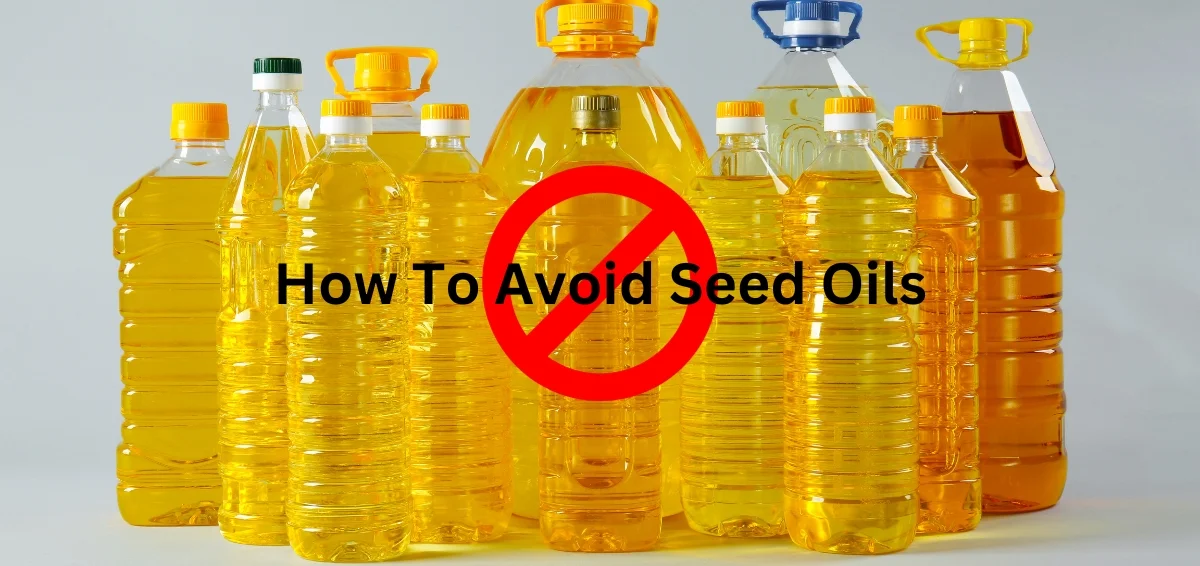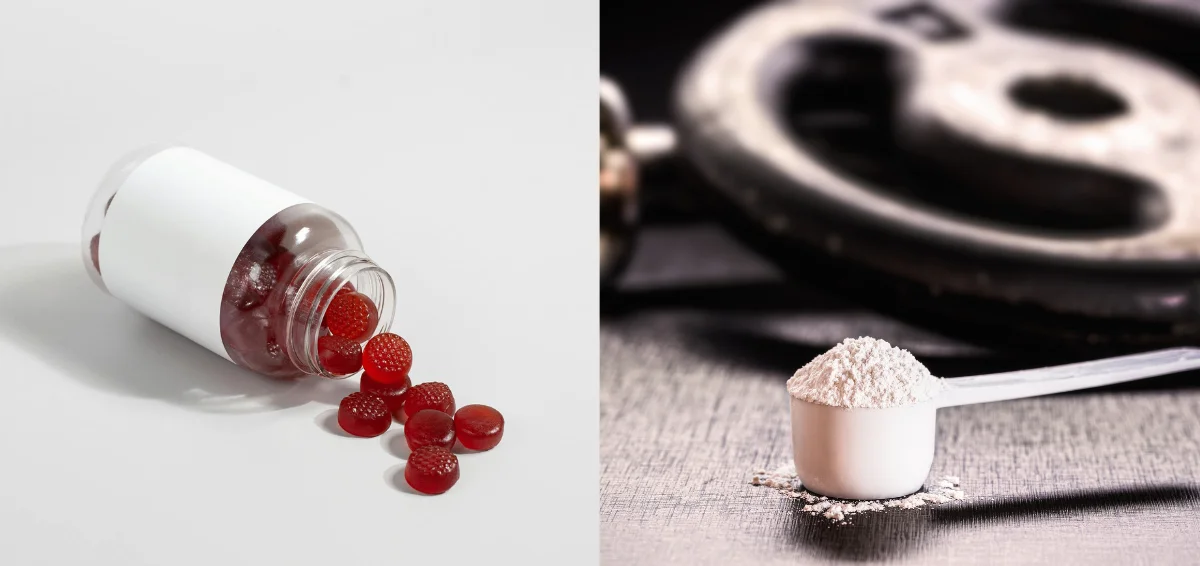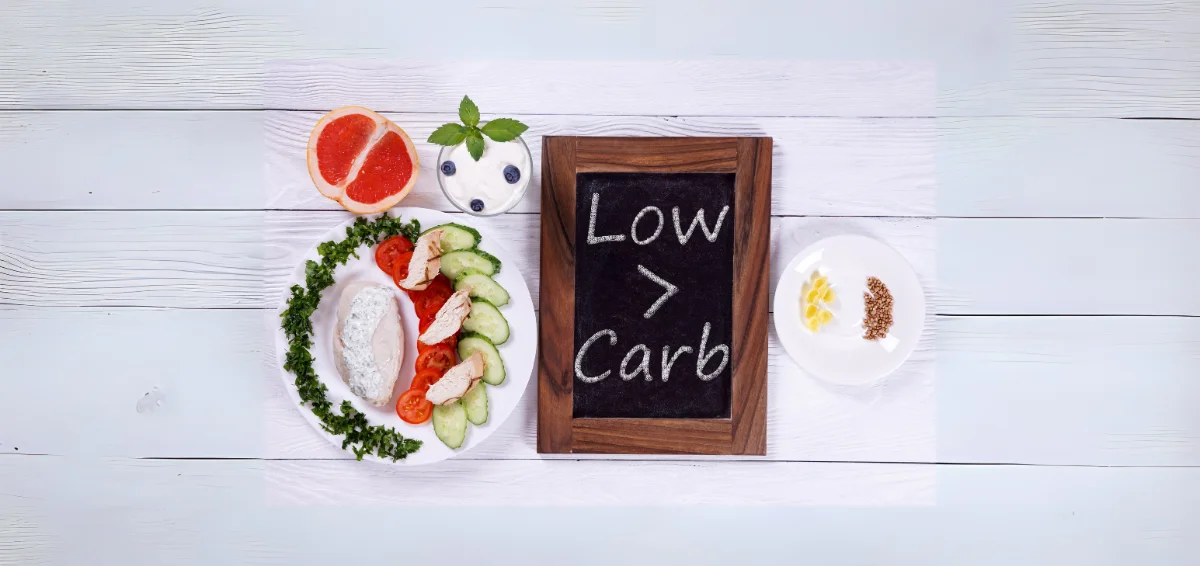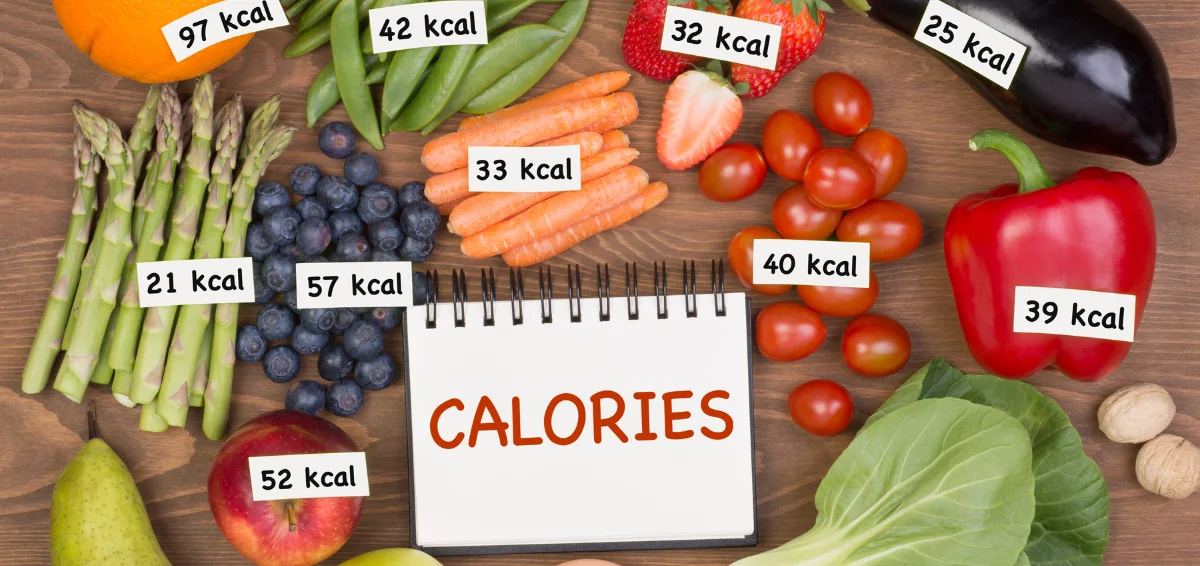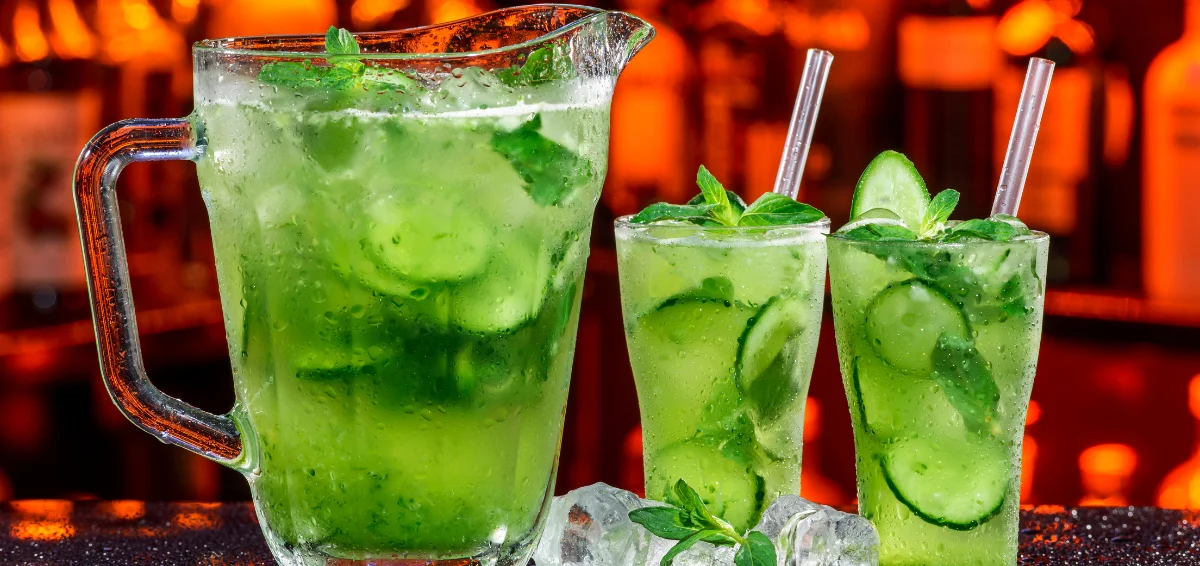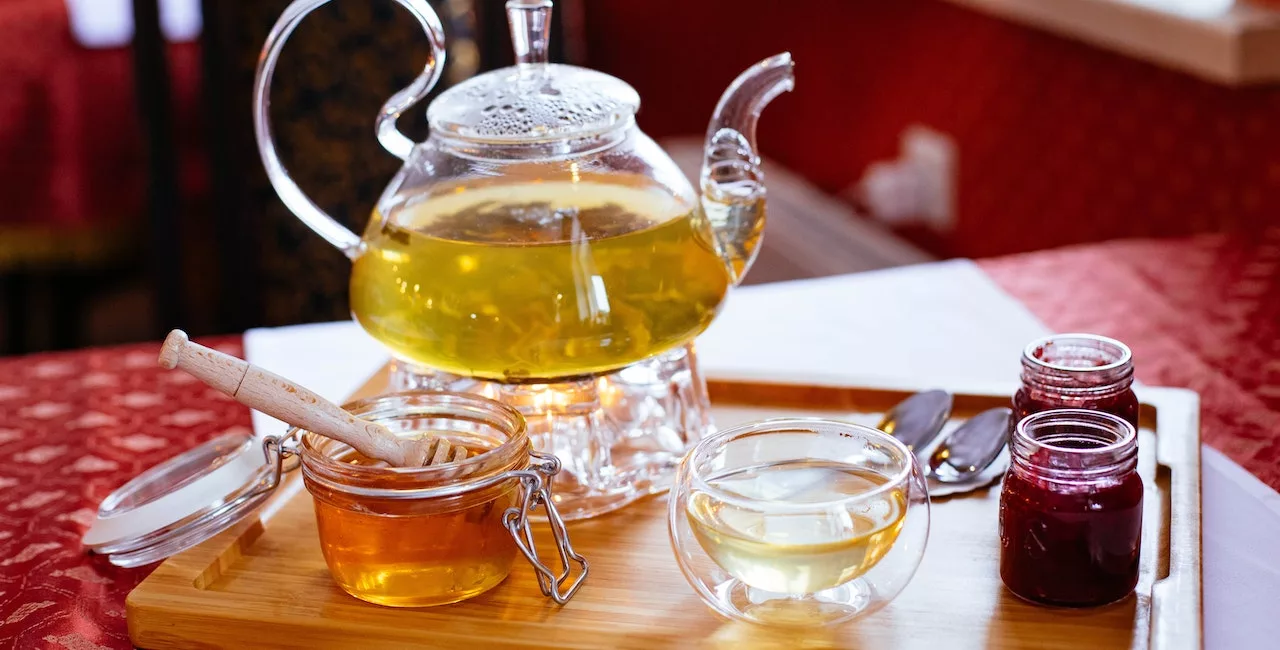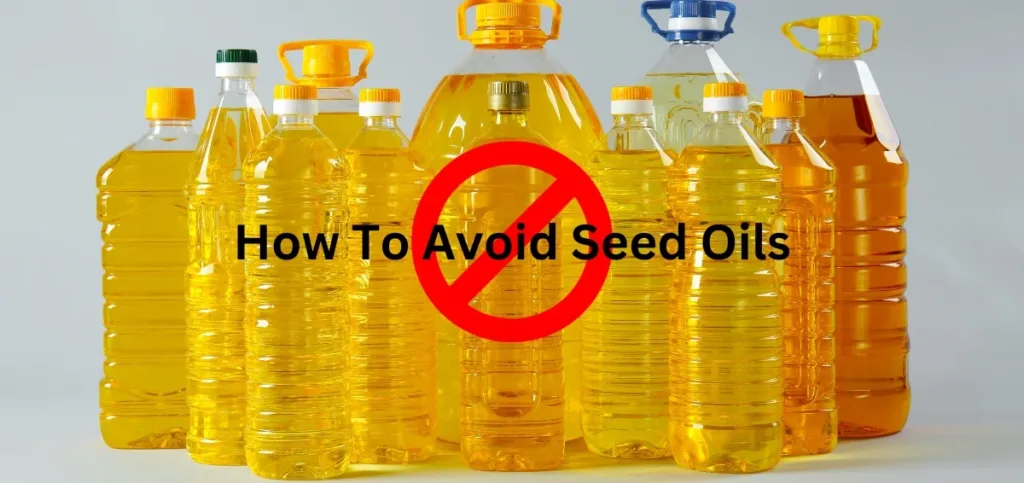
It is important to avoid using dangerous seed oils in your daily dietary intake. This is critical to ensure that you protect yourself and your family against metabolic diseases. Intake of good fats and oils can only ensure that you and your family look good and are healthy.
- Regardless, considering the prevalence of seed oils in various food items and wondering ways to avoid them can be a challenge.
- We have compiled some useful suggestions and tips to aid you in this task.
- It is discouraging that due to the extensiveness of seed oil foods present worldwide, many consume them without knowing whether these oils are beneficial for their health or harmful.
- If you want to improve and maintain your health, you have to recognize the cruciality of staying away from these oils.
- Now, first of all, we will briefly describe what seed oils are before discussing the techniques to avoid them.
- In short, a noteworthy role has been played by Procter and Gamble in persuading consumers to use animal fats in place of seed oils and modifying dietary direction.
- In the early 1900s, the onset of industrial seed oils proved to be a dismaying shift in U.S. history.
- The collaboration of the American Heart Association (AHA) in endorsing seed oils for financial benefit became evident as decisive proof.
- A critical juncture unfolded in the late 2000s when some scientists reviewed saturated fats, bringing to light the negative impacts of seed oils.
Read Also:- Best Family Resorts in Turks and Caicos
Unwanted Fats: Seed Oils To Avoid
- Sunflower oil
- Soybean oil
- Safflower oil
- Grapeseed oil
- Rice bran oil
- Cottonseed oil
- Corn oil
- Canola oil
For clear understanding, It’s important to emphasize that vegetable oil is the inclusive term for all the aforementioned seed oils.
Opt For Healthy Fats as Alternatives To Seed Oils
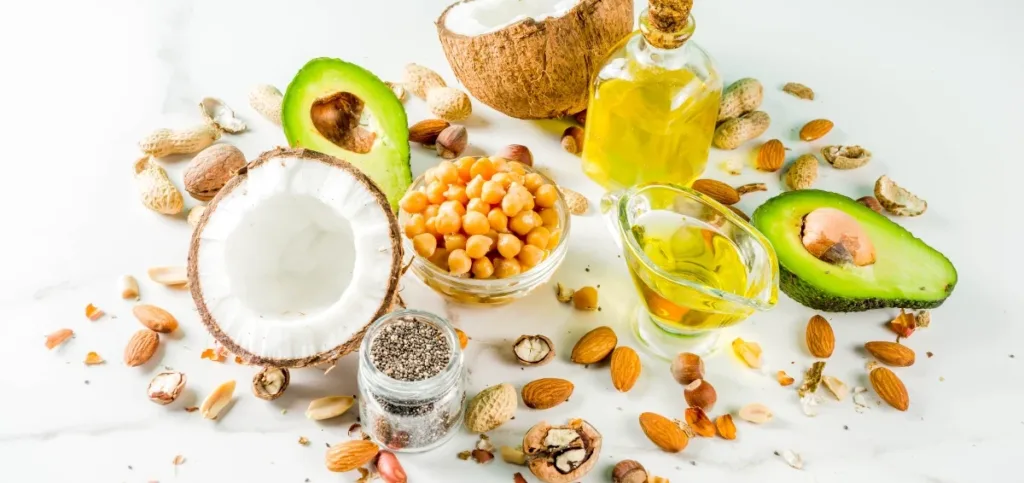
It is an uncomplicated and beneficial decision to shift from harmful seed oils to healthier fats.
Many other options can be considered, i.e
- Walnut oil
- Olive oil
- Flax oil
- Sesame oil
- Peanut oil
- Almond oil
- Duck fat
- Ghee
- Fatty fish
- Chia seeds
Incorporating grass-fed and ghee not only boosts the flavor but also supports a healthier nutritional preference.
Identifying Foods High in Seed Oils
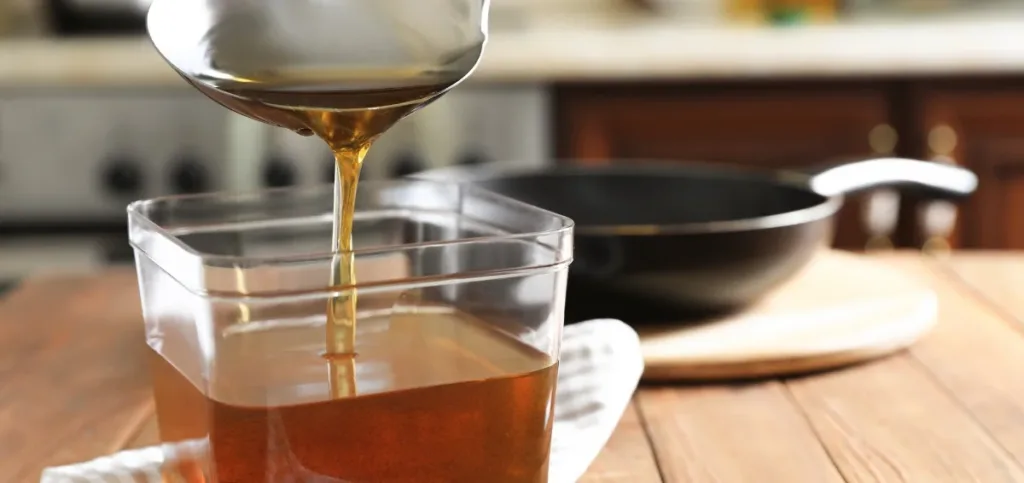
Seed oils infiltrate a broad spectrum of everyday foods, underscoring the necessity to be deliberate and judicious in your dietary selection.
Even the products having the label “HEALTHY” may contain these harmful seed oils. To successfully steer clear of these oils, It’s crucial to identify which foods commonly have elevated levels of seed oils.
1. Cooking Oil
Dietary oils, abundantly stored in grocery stores can be located in the Dressing aisle as well as in health-conscious stores. Manufacturers also present their version of vegetable oil. Make knowledgeable choices for more nutritious substitutes while doing grocery shopping.
2. Fake Butter
Plant-based imitation butter, promoted as a healthier option, frequently incorporates seed oils and may accumulate unhealthy trans fats through hydrogenation.
3. Processed Snacks
Manufactured Snacks are a regular part of children’s diet. These are usually made by using seed oils for cost-effectiveness.
4. Oils used at Restaurants
Seed oils are prevalent in high-end dining establishments, where most restaurants use soy, canola, or a vegetable oil blend. When the frying oil is reused, it increases the leftovers in dishes that are used in restaurants.
5. Condiments and Dressings
The frequently used sauces like Mayo and Dijon mustard include soybean oil in their manufacturing. Even the popular brands of tomato sauces contain these oils. To maintain the health of the public, the ingredients used in these products should be inspected properly.
6. Hummus
Certain sauces and dips that are available in stores that are usually regarded as safe products consist of these seed oils.
7. Salad Dressings
The bulk of salad dressings make use of seed oils as their major components, and these, when mixed with sugar, usually cause severe health problems and can be called ‘Silent killers.’ To properly inspect these food items before eating is very important to stay healthy.
8. Plant-based Meat
There are many popular plant-based meats in burgers and other food products, usually consisting of seed oils like canola and sunflower oils in abundance. They are harmful as well as costly.
How To Avoid Seed Oils?

Trying hard to avoid the use of seed oils in your regular diet is an admirable as well as a demanding task. Here are suggestions that could aid you in eliminating the seed oils from your daily meals completely
1. Inspect Ingredients And Labels
It is the fundamental way of exterminating the seed oils from your diet fluently. When you do grocery shopping, always remember to examine the ingredients present in the manufacturing of edible products you are purchasing, and don’t forget to check the labels.
2. Buy Brands Void Of Seed Oils
Choosing brands instead of seed oils is the best way to get rid of these harmful seed oils in your daily life, but it is mandatory to read the labels thoroughly. Because some brands may include palm oil in their manufacturing, this may affect your health and can cause certain metabolic diseases.
3. Rely On Apps And Websites
You can effectively use the technology by updating yourself using different apps and websites that provide information about edible products and their ingredients.
4. Ask Questions When Dining at Restaurants
While you are visiting the restaurants, you should ask questions about the food you are consuming in the hotels and other canteens, etc. This query can help you to select healthy and safe food from unhealthy food. This thoroughness is significant for the persons who seriously want to get rid of seed oils.
5. Eat at Home

Cooking at home can help you stay healthy. It is an effective way to control oil intake. Homemade food is nutritious in every aspect and is delicious as well. Food made at home has a zero or less concentration of seed oils that is very helpful in maintaining your health and keeping you active all day long. To eliminate seed oils from your regular diet, just a little effort is needed, and you can enjoy a healthy, long, and seed-oil-free life.
Read Also:- Black-Owned Restaurants in Nashville
Summing It Up
You must follow the aforementioned steps to eliminate the use of seed oil in your daily uptake. We can only provide information to ensure your heart health and endocrine health. We recommend that you consult your health specialist for sound advice and to stay healthy!

